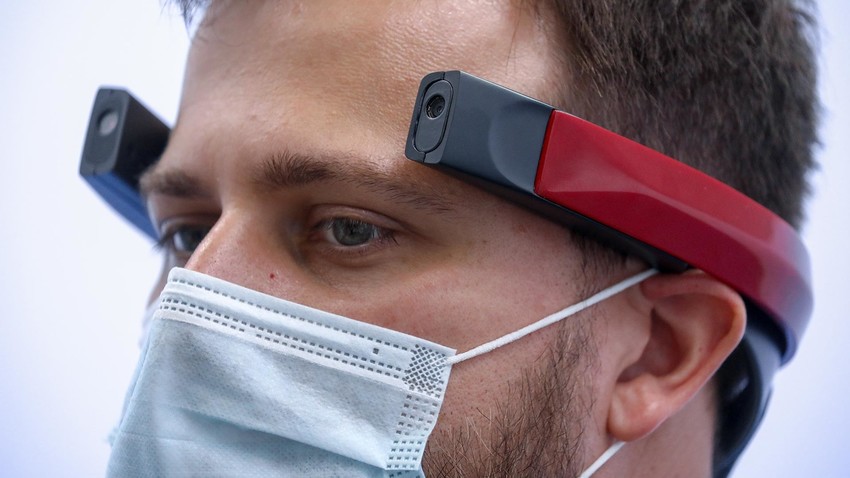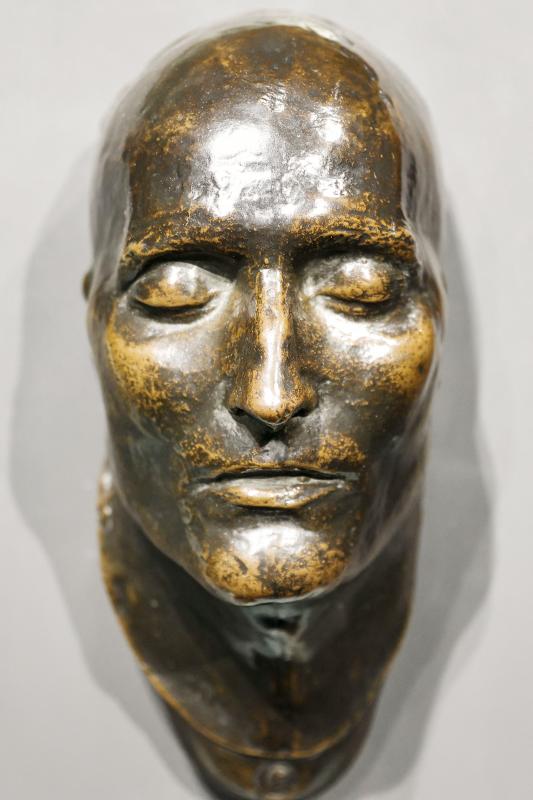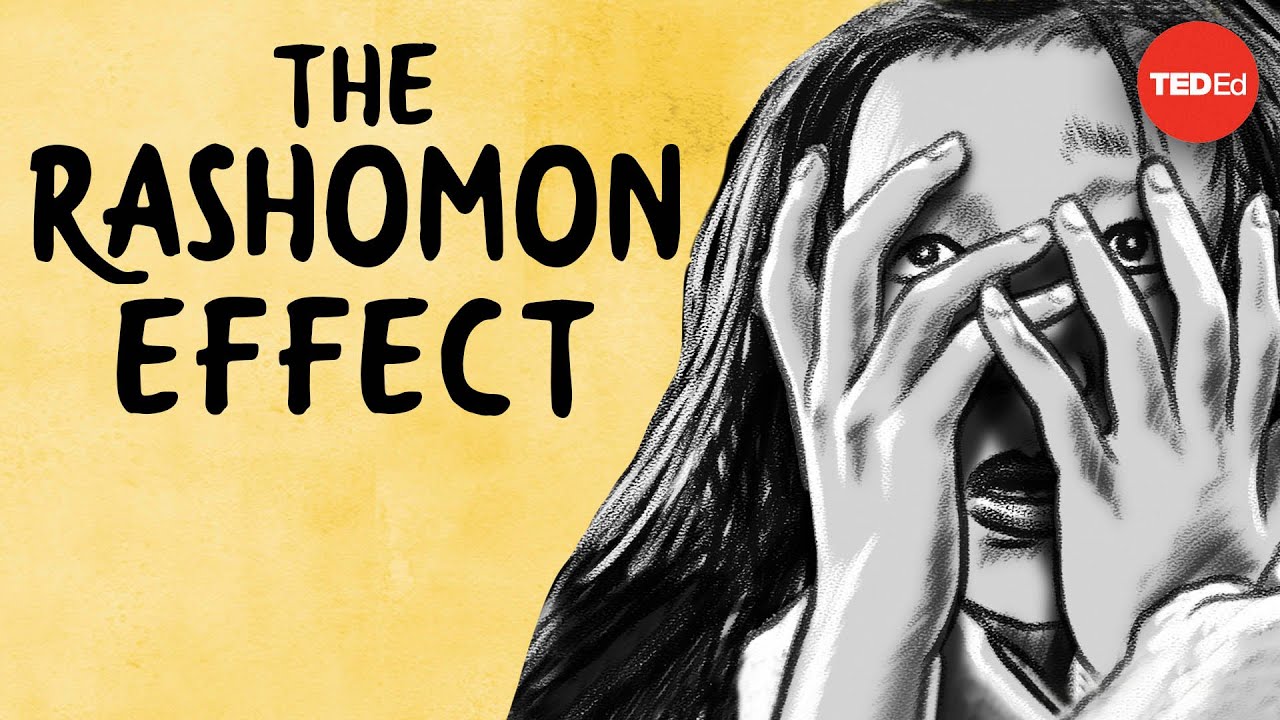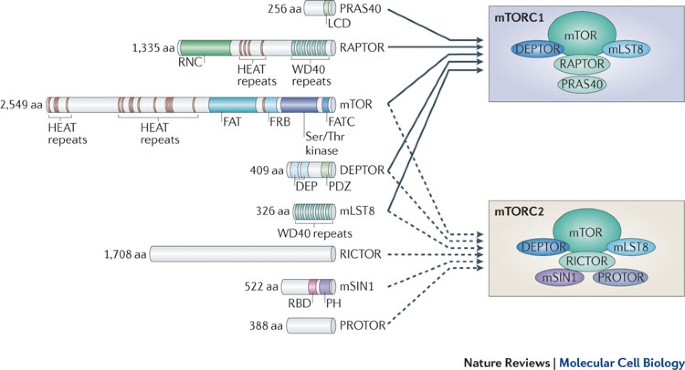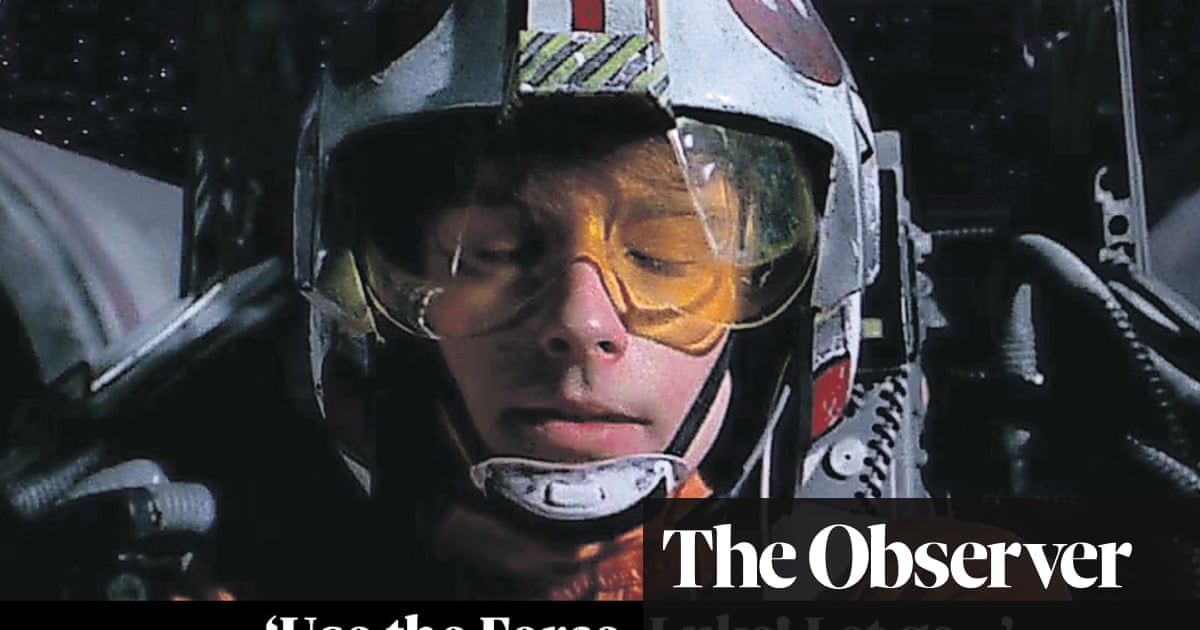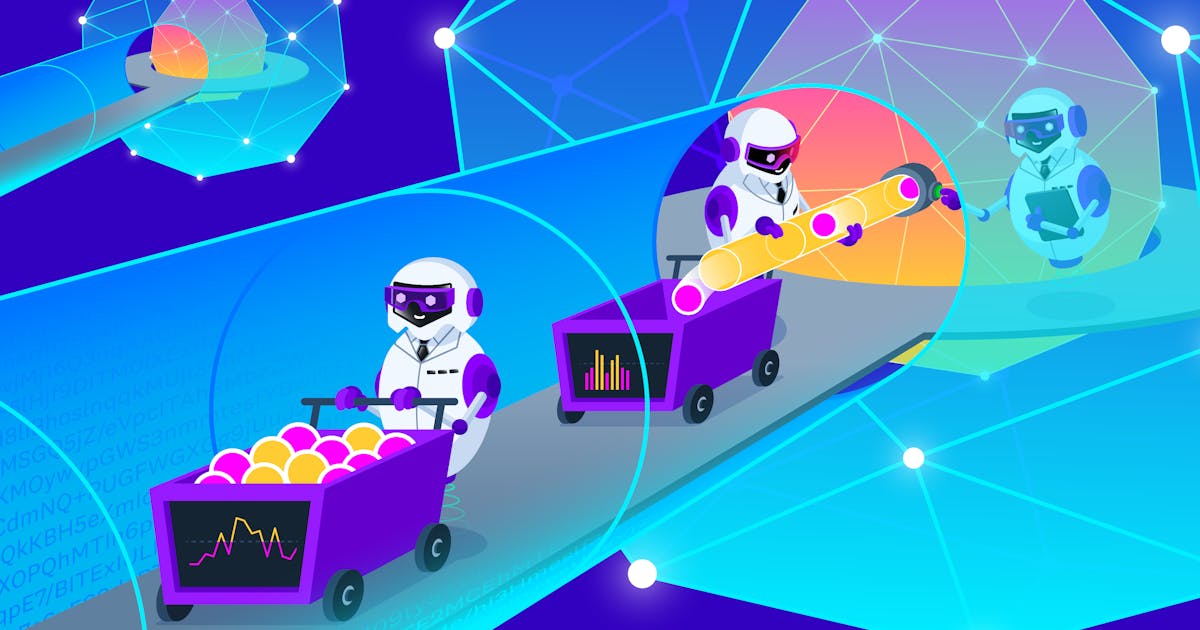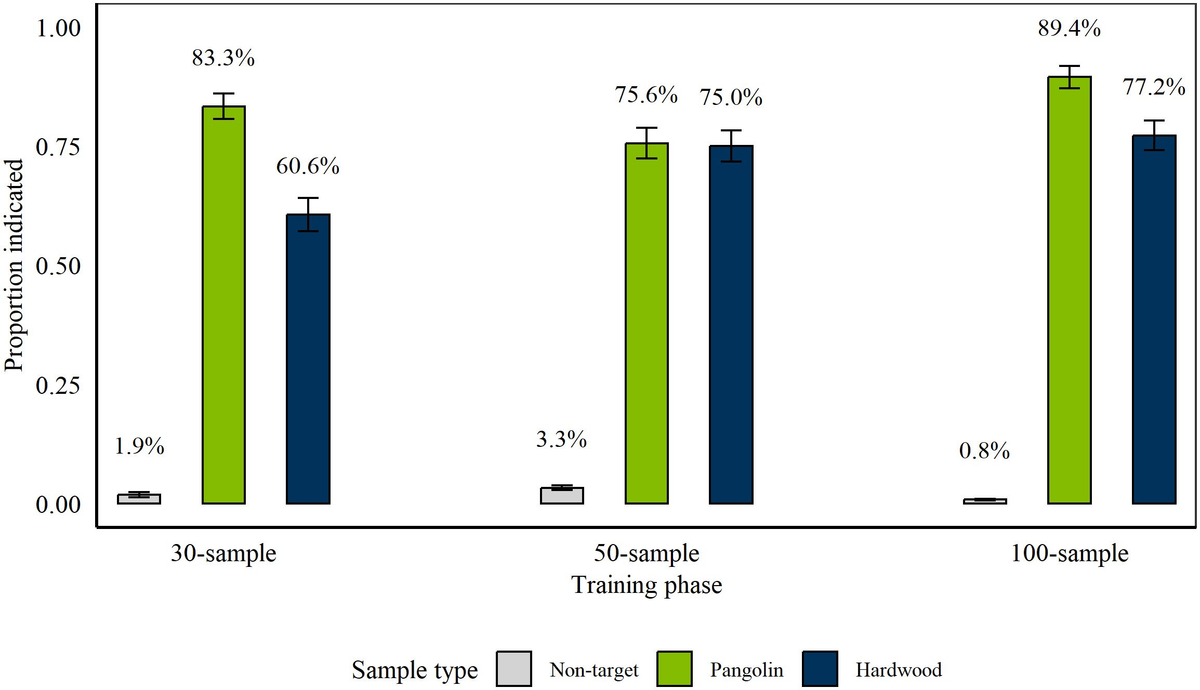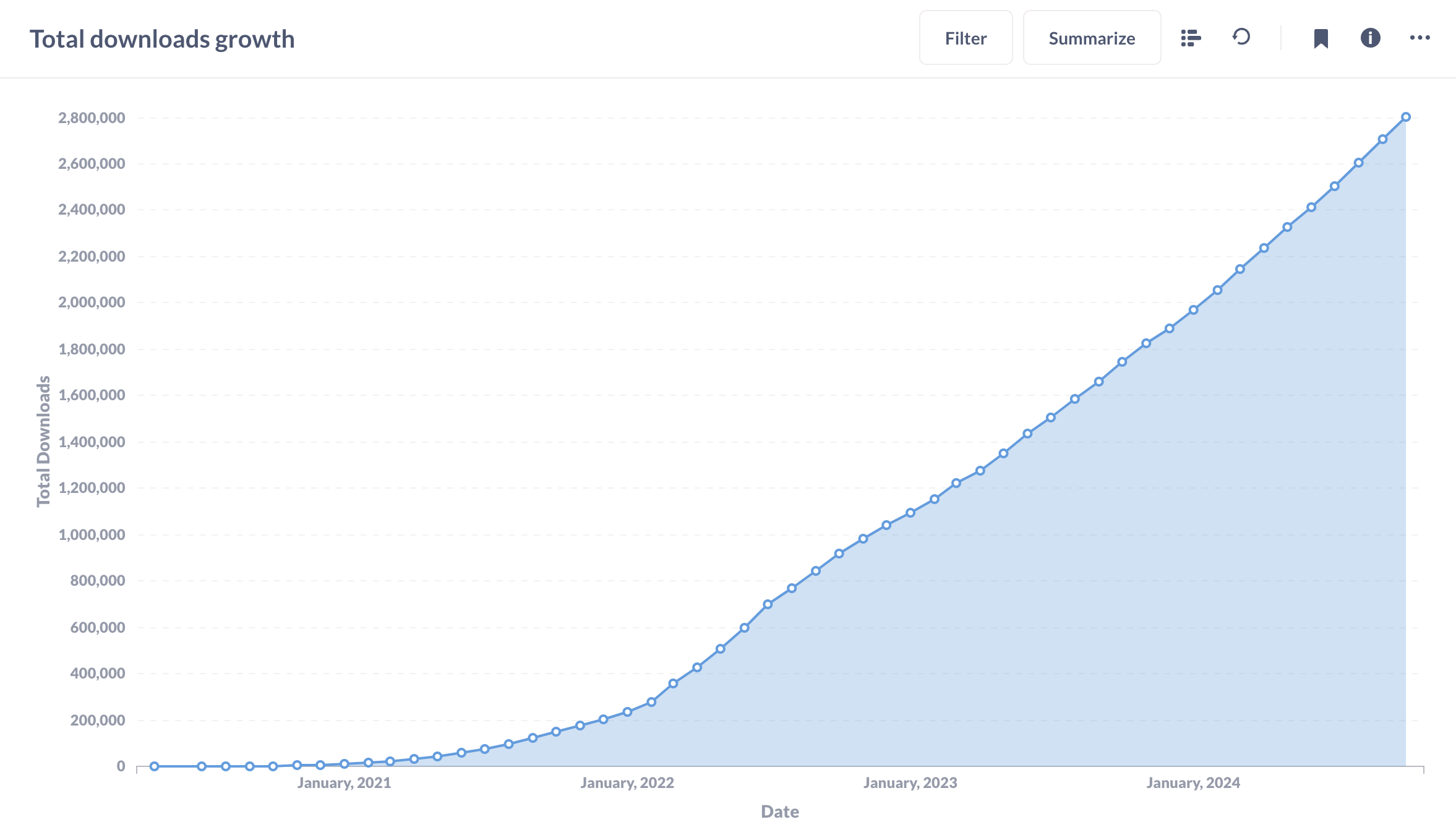
Neurotechnology boosts memory without surgery
EPFL researchers have combined virtual reality, non-invasive brain stimulation and advanced brain imaging techniques to improve spatial navigation in healthy participants. The study is a first step in addressing dementia in an aging population without medication or surgery.
As we age, it becomes more difficult to remember where things are—whether it’s recalling where we left the keys or where we parked the car. This spatial memory deteriorates further with the onset of dementia, a condition that someone in the world develops every three seconds, according to Alzheimer’s Disease International.
Researchers at two EPFL labs have joined forces to give a boost to spatial memory by creating a unique experimental setup that combines non-invasive deep-brain stimulation, virtual reality training, and fMRI imaging—all housed within Campus Biotech in Geneva. Published in Science Advances, the study demonstrates that targeted, painless electric impusles to the hippocampus and adjacent structures, a deep brain region implied in memory and spatial navigation, can improve the brain’s ability to recall locations and navigate more effectively.
“By finding ways to improve spatial memory without surgery or medication, we are addressing a serious concern for a large and growing population: the elderly, as well as brain trauma patients and those affected by dementia,” says Friedhelm Hummel, head of the Hummel Lab.


